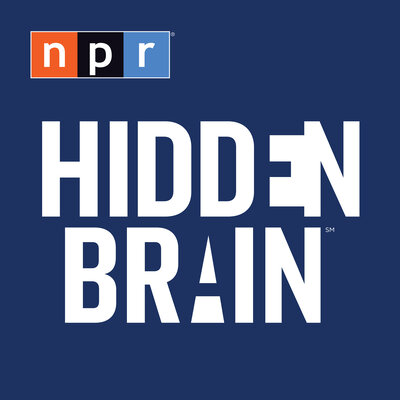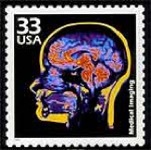This blog was originally intended to provide a spot to put articles, links, etc. I found that would interest "my" faculty & staff at Hampshire College's
School of Cognitive Science. I became more and more interested in the interdisciplinary topic of cognitive science as time went on, especially psychology, but also computer science, education, and animal science. And philosophy. Well,
ok, just about all aspects of cog sci interest me. As part of my own
education, I would browsed through journals in the field so I'd know what "my" faculty were thinking about. As part of my
job, I purchased books in the various fields, and I used the blog to highlight new books & databases. The focus of the blog was intended to be exclusively cognitive science.
Then I left Hampshire, and that was very sad because the faculty there is great fun. I have kept up my interest in cognitive science and I have taken to listening to
podcasts during my 2.5 hours in the car each day. The combination of the two has led to many blog posts, as I try to synthesize what I've learned and share it with the world. Posting about what I've heard helps me remember what I've learned within the cognitive science realm.
On the other hand, I am a working librarian and a teacher of library science at Simmons Simmons Graduate School of Library & Information Science
(at their Mount Holyoke College campus). There is some overlap between cognitive science and information science
(think usability) and everyone likes to or needs to
search, so some posts appeal to both the
cogsci audience and the
LIS audience. Also, I suspect that many of my regular readers are educators of one kind or another, so the periodic posts about
teaching appeal to the cog sci audience.
Some topics, however, are weighted heavily to
LIS and probably appeal more to my
LIS colleagues, friends, and even former students. My occasional rants about
marketing are a good example, as are the rarer posts about
reference, or anything labeled "
library science."
Why the mix of topics and audiences? I want to naturally, personally, show scientists & psychologists what we librarians do and how we think. It's partly my nature to be inclusive, but it's partly a mechanism through which I can demonstrate the "marketing" of library science without being dreadfully obvious about it. I read somewhere -- and I can't go back to the source, because I read this a few weeks, months, years ago
(you all know how memory works, right?!) -- that it's a good idea for academic librarians to publish in the non-library literature to highlight what they do in a venue where their faculty colleagues congregate. I definitely can't get published in
Behavioral and Brain Sciences or
Trends in Cognitive Sciences, which some of you might read, but ... I can publish here and reach a few faculty / graduate students in cognitive science and psychology and philosophy.
It's a big Internet, but the nice thing is we can get to know each other in ways we can't quite in real life. So ... that's another reason I blog.
Welcome to readers of these science-y blogs ...
* BPS Research Digest (from the British Psychological Society)
* the Brain Science Podcast
* Channel N
* Combat Philosopher
and all you Googlers!
 I'm so glad to report that there is a good cognitive science podcast in the U.S.: Hidden Brain, hosted by NPR reporter Shankar Vedantam and available on NPR and wherever podcasts can be found.
I'm so glad to report that there is a good cognitive science podcast in the U.S.: Hidden Brain, hosted by NPR reporter Shankar Vedantam and available on NPR and wherever podcasts can be found.










